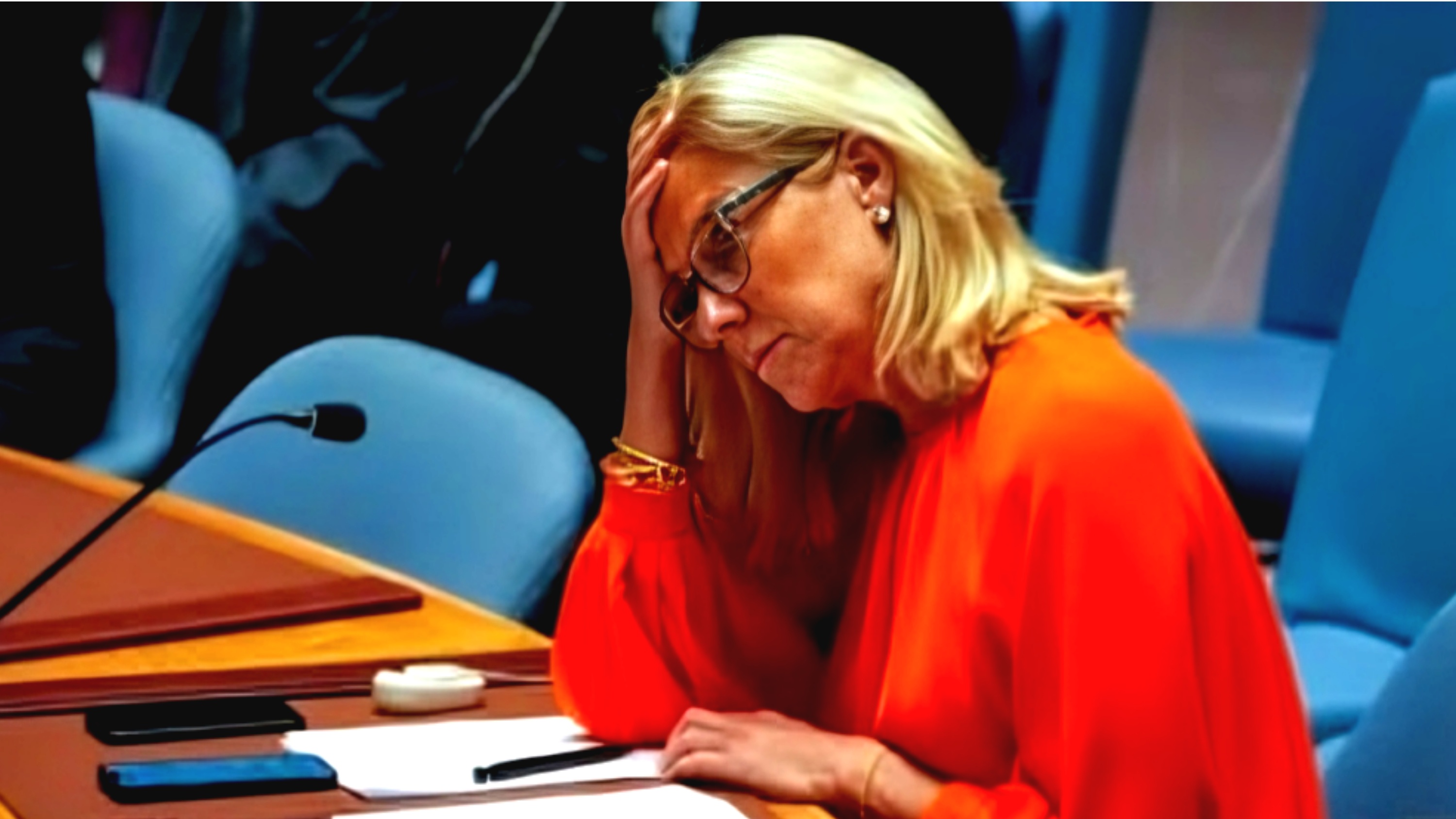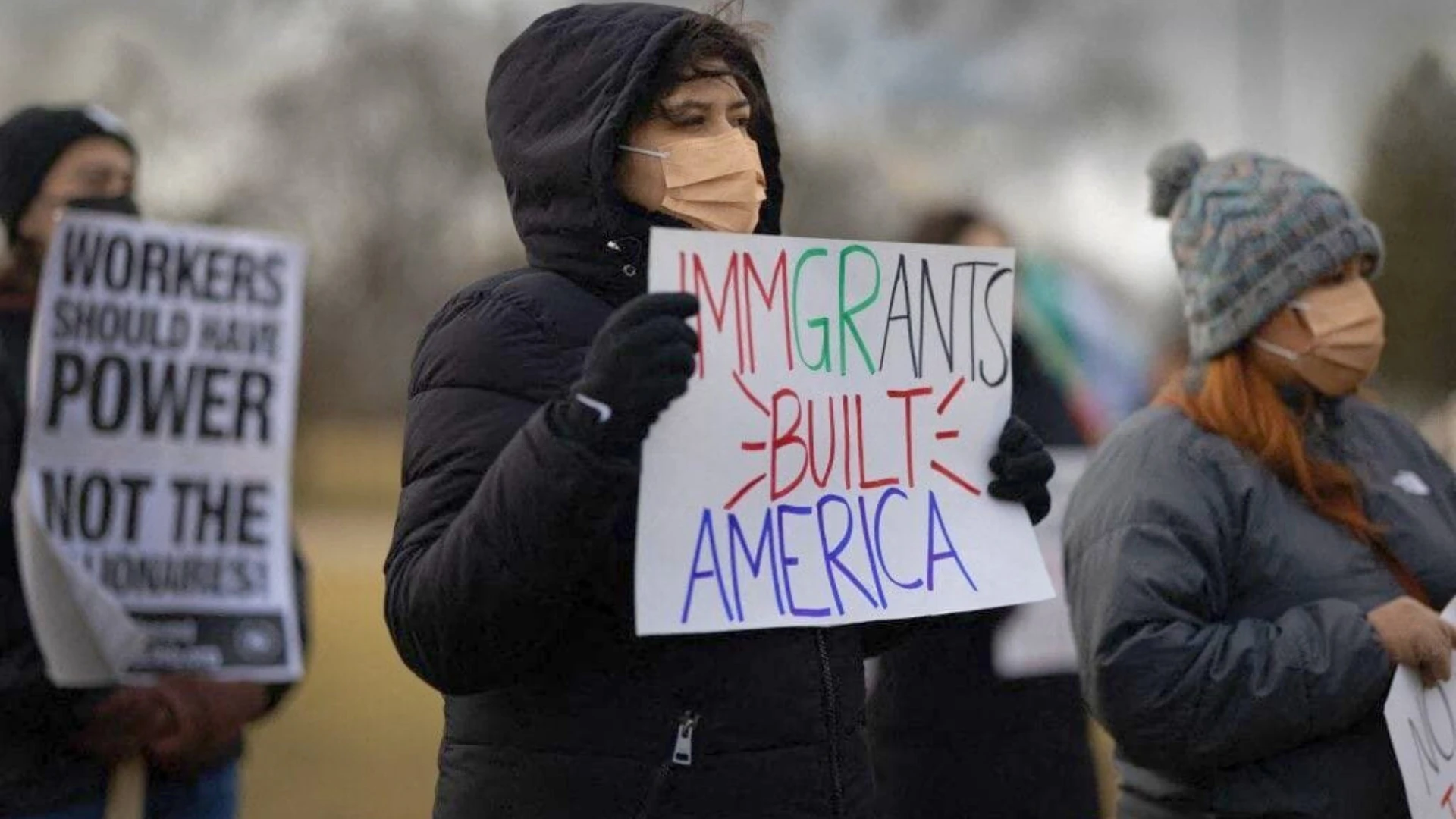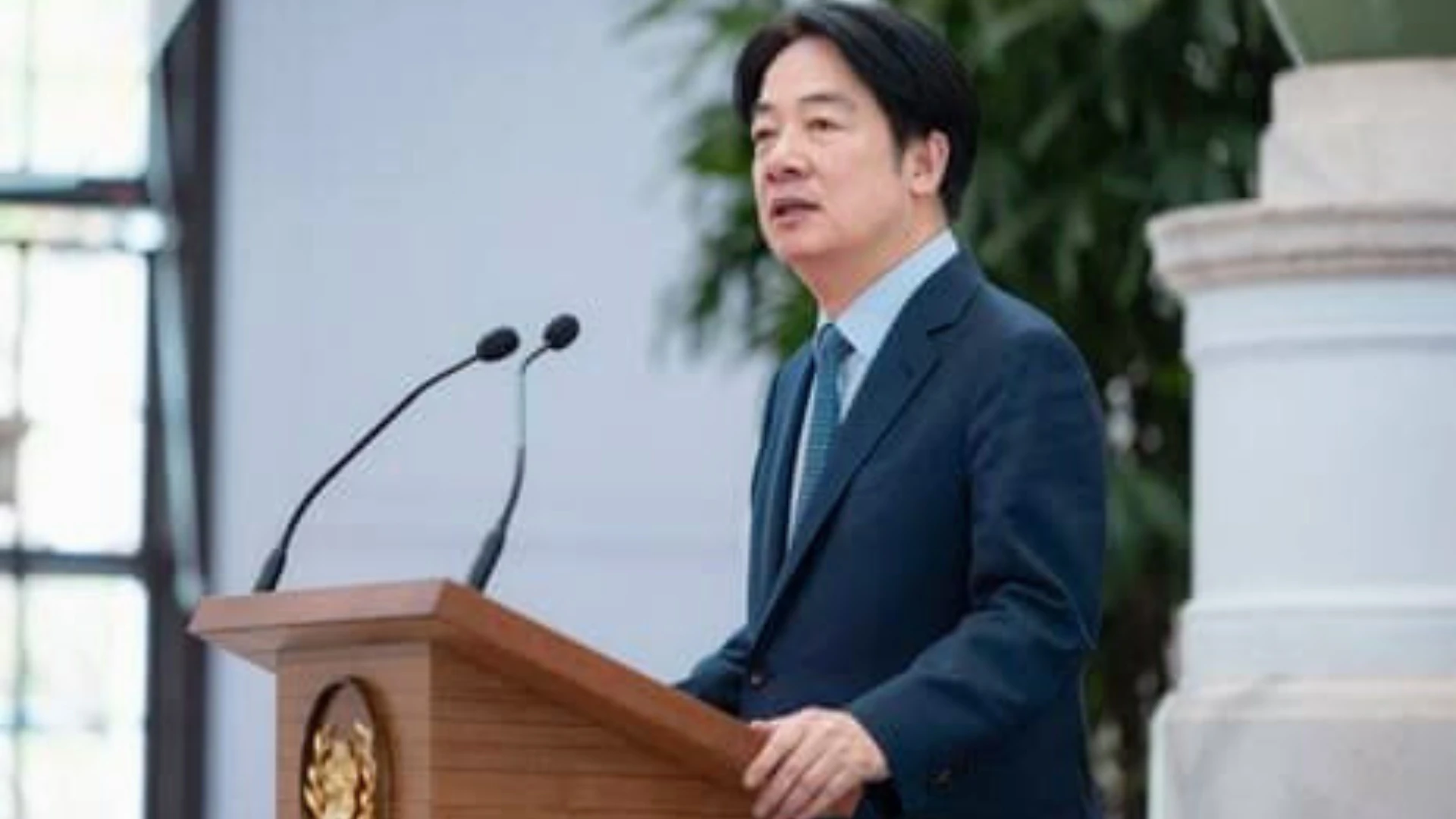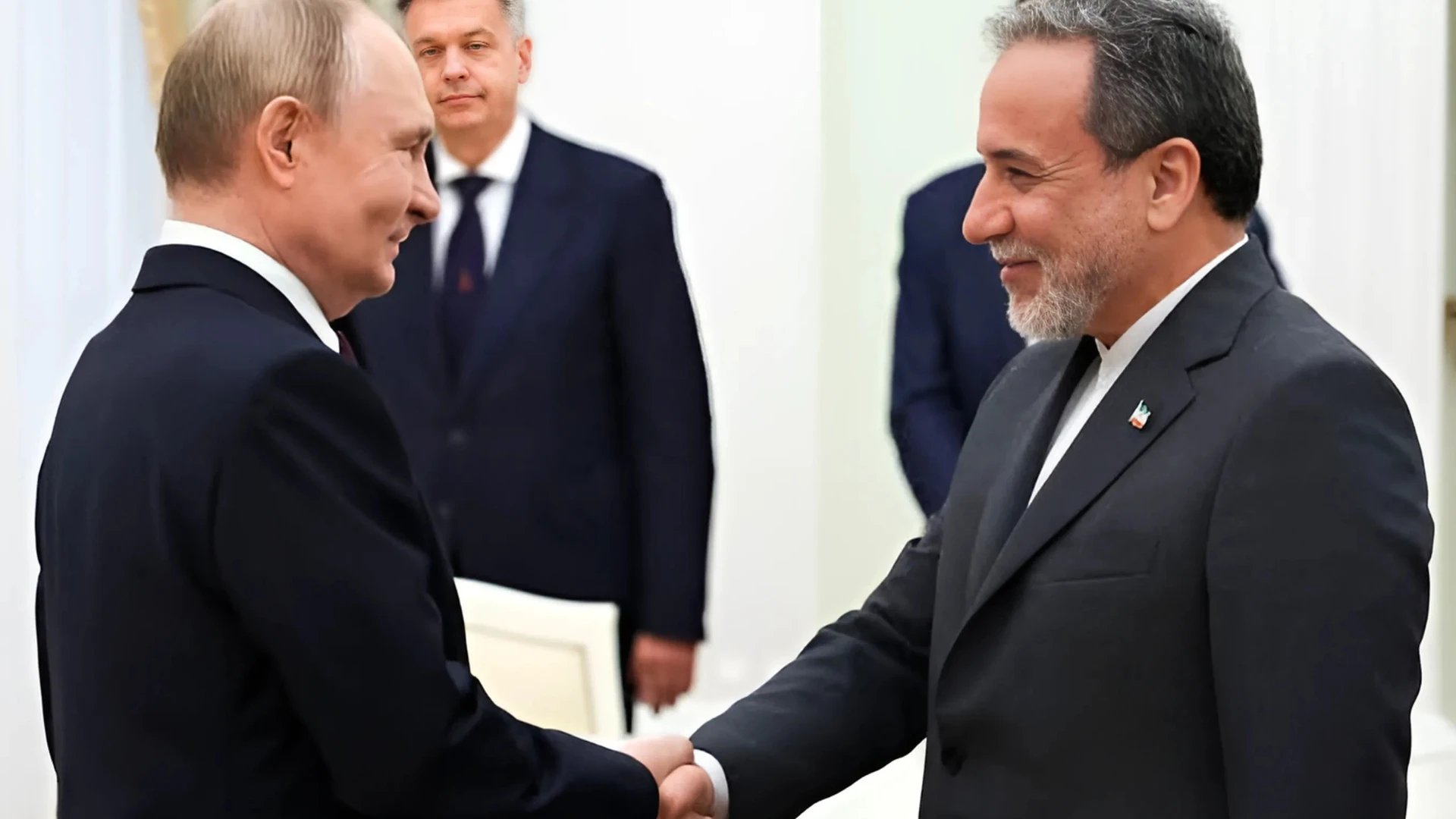New York: A senior United Nations official has warned that the window of opportunity for a two-state solution to end the Israel-Palestine conflict is rapidly closing.
Sigrid Kaag, the UN Special Coordinator for the Middle East Peace Process, told a session of the UN Security Council on Tuesday that peace, security, and dignity are the only way for the people of the region to move forward. She described the current moment as the "last opportunity" for achieving a two-state solution — the creation of independent Israeli and Palestinian states.
Although Kaag did not go into further detail during the session, she later told reporters that several developments are undermining the viability of this solution: the ongoing conflict between Israel and Hamas in Gaza, worsening humanitarian conditions in Gaza, the expansion of Israeli settlements, and the threat of annexation of the West Bank by Israel.
She stressed that mere statements are no longer enough — urgent action is required. "The two-state solution, a geographically viable and practical approach, is weakening before our eyes," Kaag said. "This requires more than just words — it demands active political engagement and diplomacy."
Kaag also voiced concern over the escalation of Israeli military operations in the West Bank. These operations, which began on January 21, have involved airstrikes and heavy weapons, aimed at what Israeli authorities describe as clearing “terrorist” elements from several refugee camps. In response, Palestinian armed groups have engaged in direct gunfire and used explosives.
Addressing the fragile ceasefire between Israel and Hamas in Gaza, Kaag called for the full implementation of a three-phase truce and the release of hostages. She warned that every effort must be made to prevent a return to violence.
However, Israeli Prime Minister Benjamin Netanyahu warned on February 23 that his country is prepared to resume intense military action against Hamas. This statement followed Hamas’s accusations that Israel is delaying the release of prisoners, endangering the ongoing ceasefire.
The current ceasefire, brokered by the United States, Egypt, and Qatar, is set to expire in early March, with no agreement yet reached on the second phase of the truce.
Meanwhile, the U.S. acting representative to the UN, Dorothy Shea, reaffirmed President Trump’s administration’s commitment to ensuring the full implementation of the ceasefire. She noted that 63 hostages remain held by Hamas.
"As long as Hamas remains a governing power, a force of administration, and a threat through the use of violence, peace remains impossible," Shea said. "Hamas must be eliminated."
Israel’s UN representative, Danny Danon, echoed this sentiment, vowing decisive action against Hamas. "We will eliminate Hamas. Believe me when I say this — we will bring our people home and ensure Israel’s safety, security, and future," Danon said.
As the first phase of the Israel-Hamas ceasefire nears its end, Palestinian representative Riyad Mansour expressed concern over the lack of progress toward a second-phase agreement, warning that the region risks sliding back into violence.








